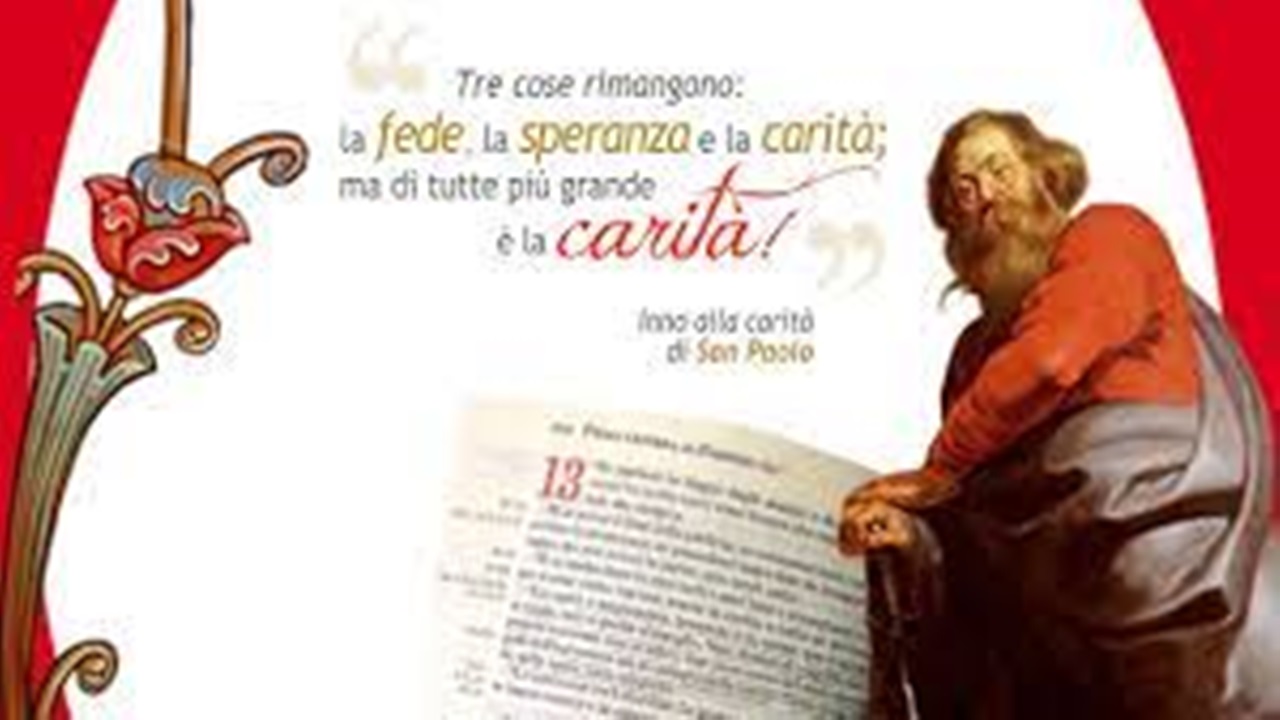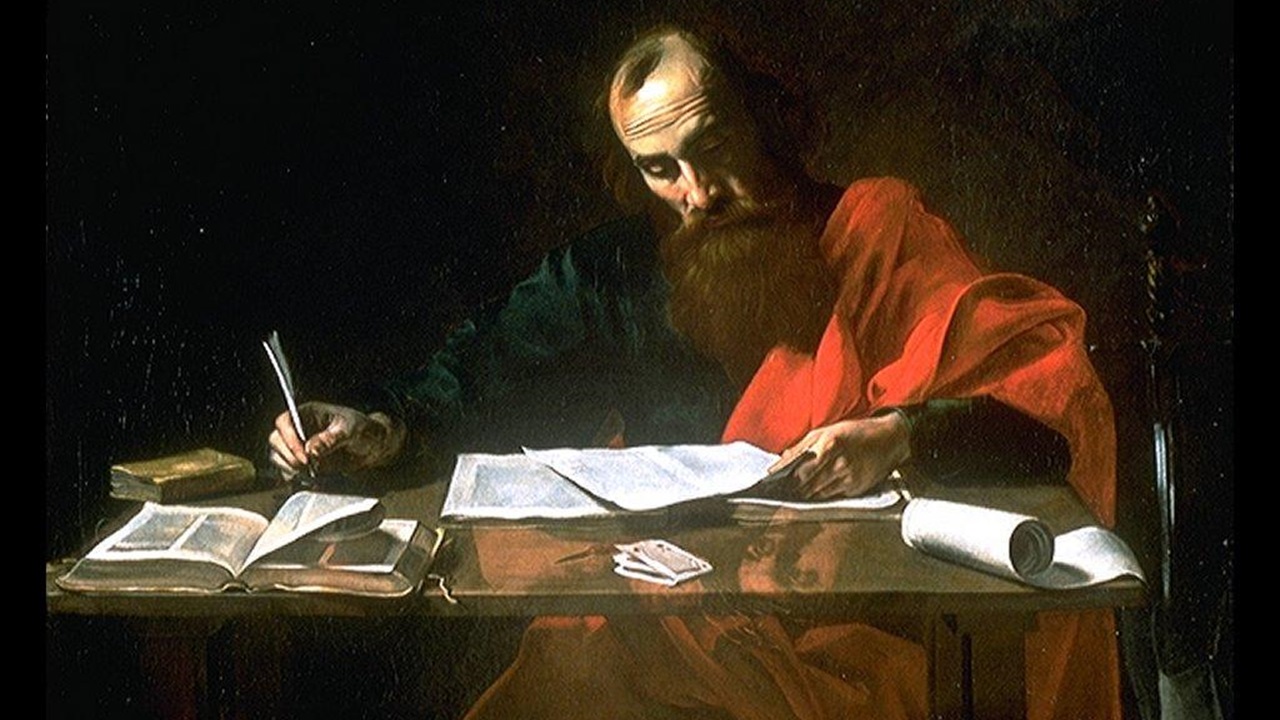Saint Paul's hymn to charity, love is the best way
Charity it is the religious term for love. In this article we want to leave you a hymn to love, perhaps the most famous and sublime ever written. Before the advent of Christianity, love had already had several supporters. The most illustrious was Plato, who wrote a complete treatise on it.

In that period, thelove was called eros. Christianity believed that this passionate love of seeking and desire was not sufficient to express the novelty of the biblical concept. Therefore, he avoided the term eros and replaced it with agape, which can be translated as delight or charity.
The main difference between the two types of love is this: thelove of desire, or eros it is exclusive and is consumed between two people. From this perspective, the intervention of a third person would mean the end of this love, the betrayal. Sometimes, even the arrival of a son can put this type of love in crisis. On the contrary, theagape includes everyone including the enemy
Another difference is that theerotic love or falling in love itself does not last long or lasts only by changing objects, successively falling in love with different people. That of charity, however remains forever, even when faith and hope are gone.
However, between these two types of love there is not a clear separation but rather a development, a growth. L'Eros for us it is the starting point, while agape is the arrival point. Between the two there is all the space for an education in love and growth in it.

Paul writes a beautiful treatise on love in New Testament called "the hymn to charity” and we want to leave it to you in this article.
The hymn to charity
Even if I spoke languages of men and angels, but I didn't have charity, I'm like a bronze that resonates or a tinkling cymbal.
What if I had the gift of prophecy and if I knew all mysteries and all knowledge and possessed the fullness of faith so as to move mountains, but did not have charity, I am nothing.
And if too distribute all my substances and I gave my body to be burned, but I had no charity, nothing helps me.
The charity she is patient and benign. The charity she is not envious. the charity, he doesn't boast, does not get puffed up, does not lack respect, does not seek his own interest, does not get angry, does not take into account the harm received, does not enjoy injustice, but he is pleased of the truth. It covers everything, believes everything, hopes everything, endures everything.
The charity it will never end. The prophecies will disappear; the gift of tongues will cease and science will vanish.
Our knowledge is imperfect and our prophecy imperfect. But when that which is perfect comes,
that which is imperfect will disappear.
When I was a child, I spoke like a child, I thought as a child, I reasoned as a child. But, having become a man, I abandoned what I was as a child. Now we see as in a mirror, in a confused way;
but then we'll see face to face. Now I know imperfectly, but then I will know perfectly,
as I am also known. So these are the three things that remain: faith, hope and charity; but the greatest of all is charity!